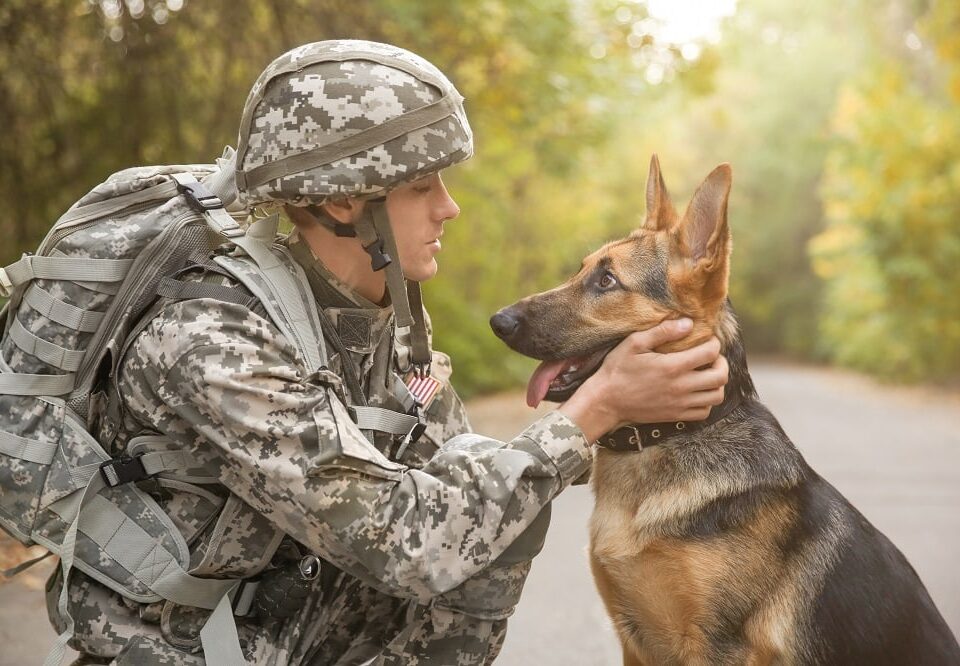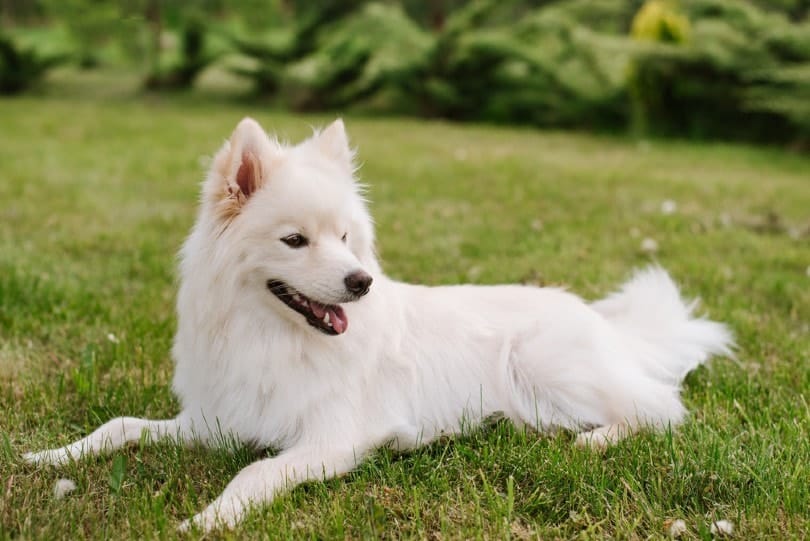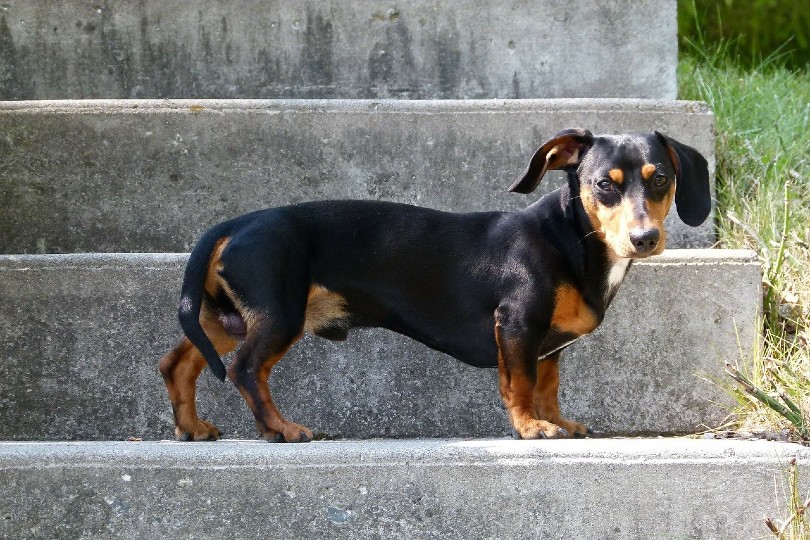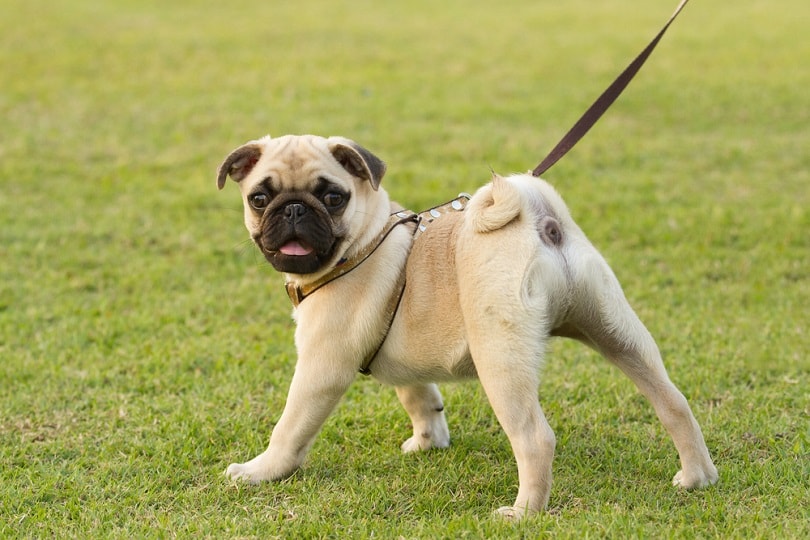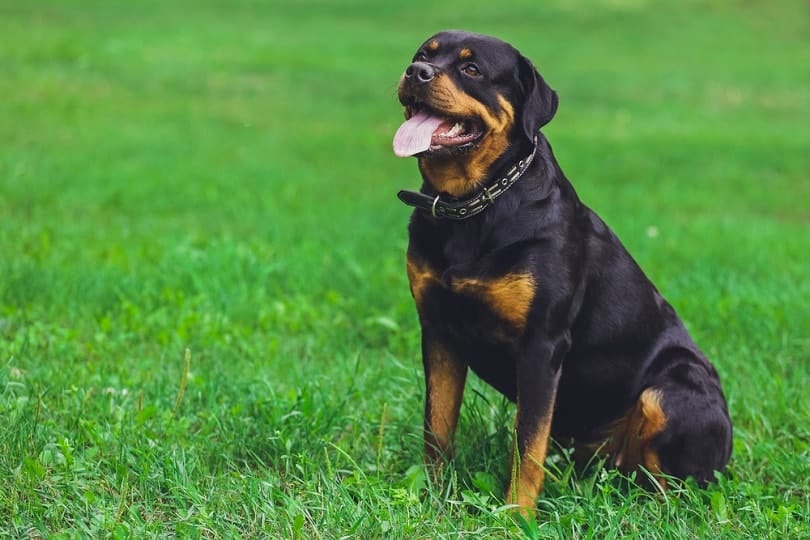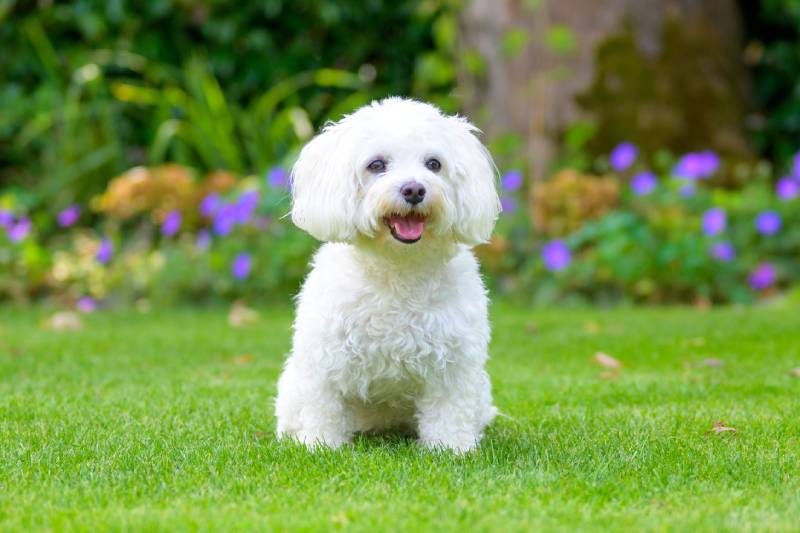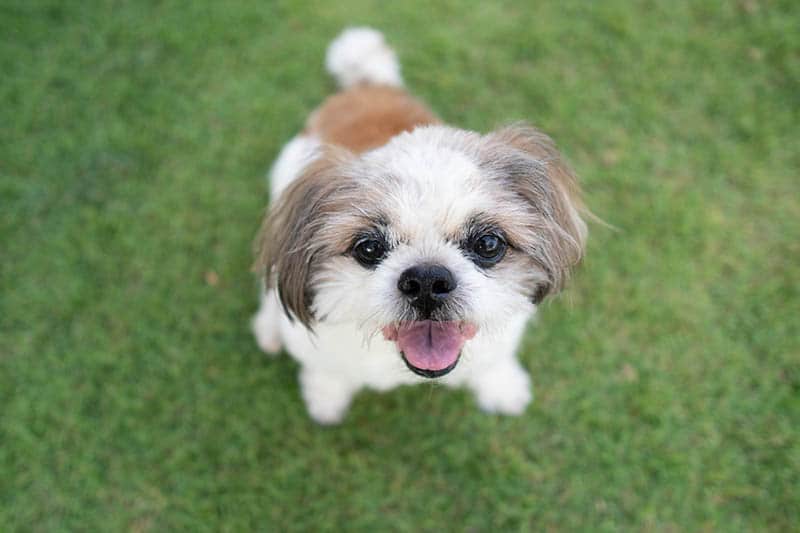Dogs play incredible roles in our lives, offering companionship and unwavering loyalty. But have you ever considered the vital roles that military dogs fulfill?
In the armed forces, dogs undertake unique and challenging tasks. They serve in various capacities, from detecting explosives to boosting troop morale. Here’s a closer look at what military dogs do and the indispensable service they provide.
Military dogs have a storied past. During World War II, dogs were trained for specific roles, though some served as mascots as early as World War I. One such notable dog was Sergeant Stubby, who went from being a mascot to a crucial asset in locating the wounded and alerting troops to enemy forces. By the end of World War II, around 20,000 dogs were employed in various roles, from guarding posts to rescuing downed pilots.
These dogs must be healthy, strong, and exhibit no physical limitations. Their ability to remain calm and focused under stress also plays a vital role in their suitability for military tasks.
In some cases, the Coast Guard uses sentry dogs to detect enemy submarines, highlighting their versatility and importance.
Not all dogs can handle the pressure and independence needed for this role. Only those with a quiet disposition and high intelligence are selected.
Their services are invaluable in both war zones and civilian rescue operations, making them essential components of search and rescue missions.
Their job is essential for maintaining safety and security in volatile environments, preventing potential threats before they can cause harm.
These dogs’ advanced training makes them indispensable for missions requiring a high degree of autonomy and precision.
Their ability to detect explosives buried underground saves countless lives by mitigating the risks associated with landmines and unexploded ordnance.
Narcotic Detector Dogs (NDD) are specialized in sniffing out narcotics, aiding in maintaining security and discipline within military ranks as well as in broader law enforcement efforts.
Their specialized skills have been employed in protecting high-profile events, such as the 2002 Super Bowl in New Orleans, showcasing their critical role in national security.
Military dogs play a vital role in the armed forces, undertaking tasks that save lives and ensure the safety of troops. Their unique skills and training make them indispensable assets.
From detecting bombs to rescuing the injured, these dogs are true heroes. Their contributions are invaluable, and their legacy continues to grow as they serve alongside human soldiers in challenging and dangerous conditions.
